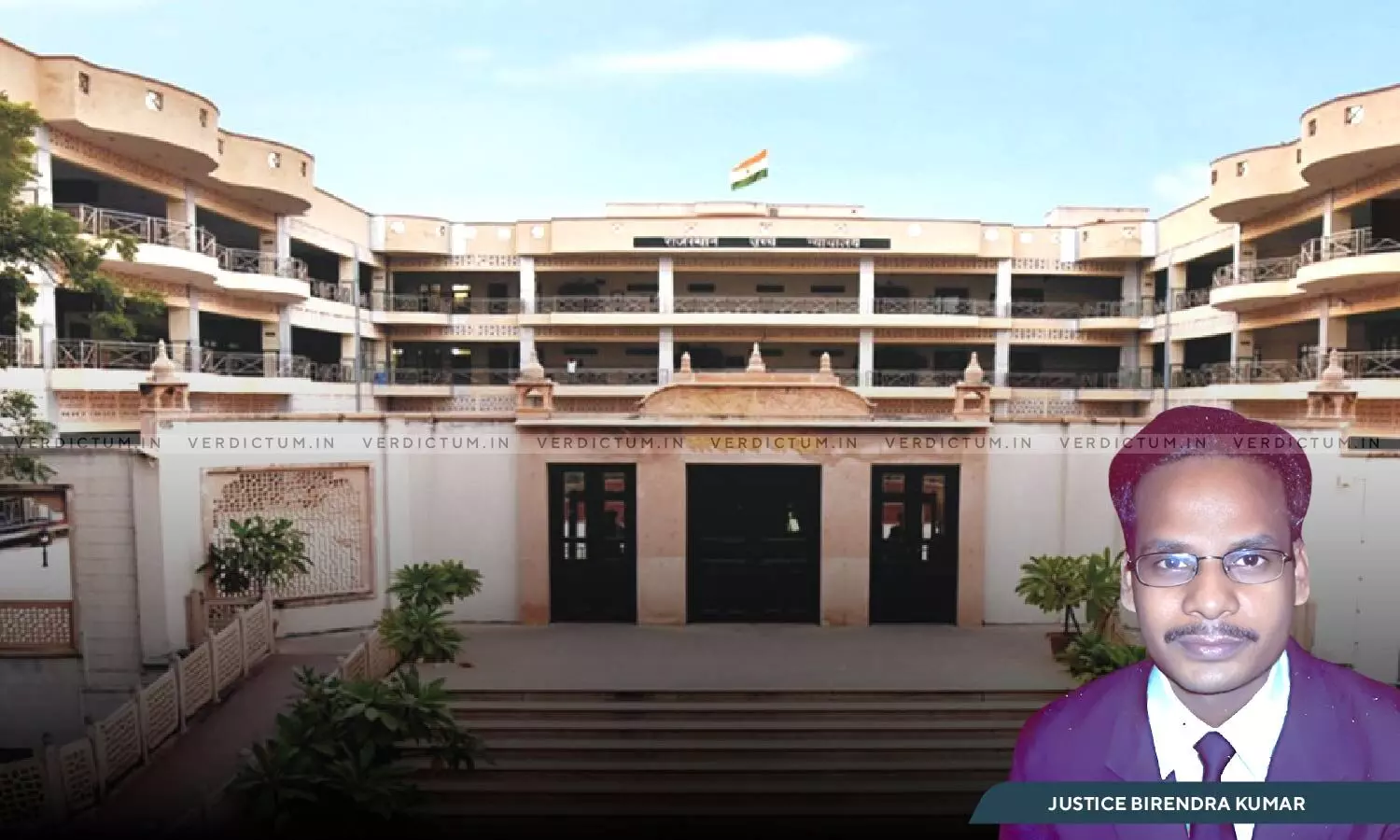
Lok Adalats Don’t Have Adjudicatory Power, It Can Pass Awards Only On Compromise Between Parties: Rajasthan HC
 |
|The Rajasthan High Court recently observed that Lok Adalats don’t have adjudicatory power and can pass awards only on compromise between parties.
“Only on compromise between the parties, the award can be made and if the parties does not arrive to a compromise or settlement, the Lok Adalat is bound to remit back the matter before the Court under sub-section (6) of Section 20 of the Act.”, Justice Birendra Kumar observed.
In this case, a Bench of the Lok Adalat in Jaipur had allowed the Assistant Public Prosecutor to withdraw the criminal prosecution and discharged the accused from offences under Sections 323 and 341 of Indian Penal Code.
The petitioner-informant in the case contended that Lok Adalat has no jurisdiction to allow withdrawal of criminal prosecution. It was further stated that the petitioner was not informed while passing the impugned order.
On the other hand, the State Counsel submitted that under Section 321 of Cr.P.C., the Public Prosecutor is competent to withdraw criminal prosecution specially considering trivial nature of offences alleged, which is compoundable and bailable.
Advocate Atul Sharma appeared for the State.
The Court observed that the withdrawal of prosecution is not a unilateral exercise of power by the Public Prosecutor rather it is subject to consent of the Court. The Court held that adjudication on whether such prayer of prosecution is fit to be allowed is within domain of the Court.
The Court further noted that as per Sections 19 and 20 under Chapter VI of the Legal Services Authority Act, 1987 when a case, pending before the Court is referred to the Lok Adalat, the parties thereof must agree for reference. If one of the parties only makes an application to the Court for such reference, other party must have opportunity of hearing before hand for reaching at conclusion by the Court that the matter is fit one to be referred to the Lok Adalat.
The Court held that “A perusal of the entire scheme under Chapter VI (supra) as well as the referred provisions aforesaid would make it clear that the Lok Adalats have no adjudicatory power and by allowing the prayer of learned Public Prosecutor to withdraw prosecution, the Lok Adalat has exercised adjudicatory jurisdiction which is not vested in it.”
Thus the Court quashed the Order passed by the Lok Adalat and the criminal case was restored.
Cause Title- Shyam Bacchani v. State of Rajasthan & Ors.
Click here to read/download Judgment